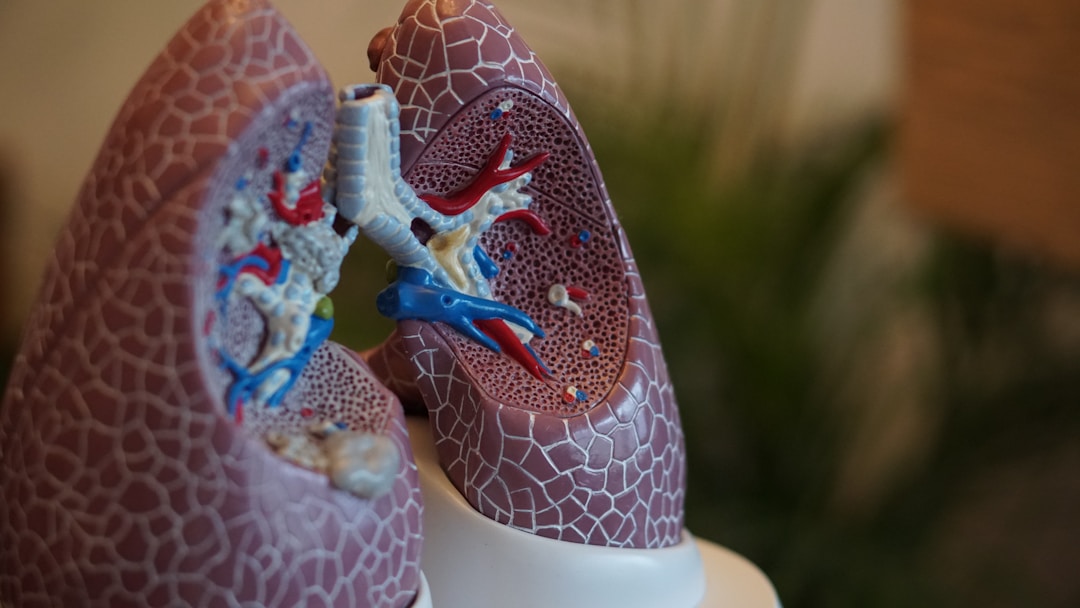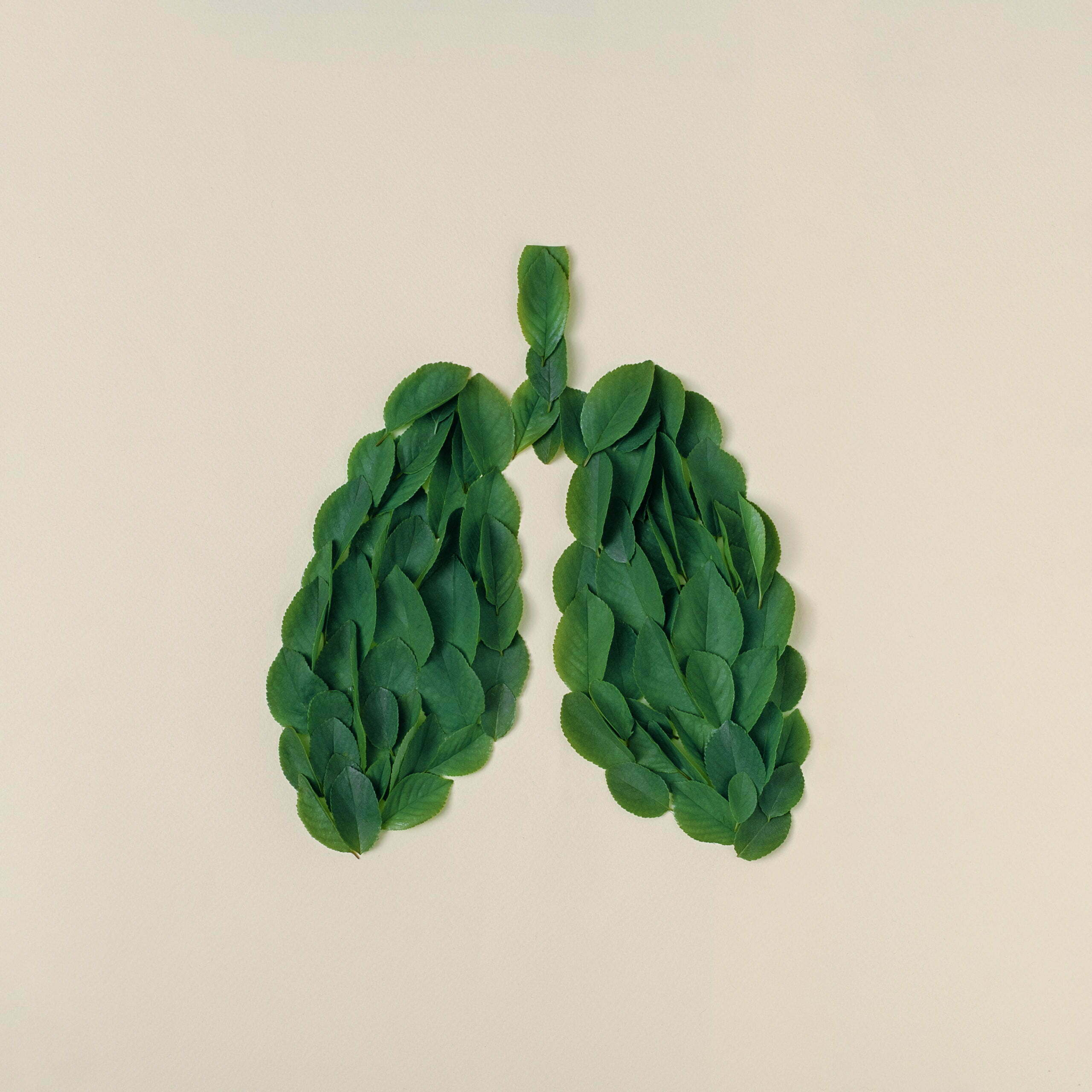There has been an increase in interest connected to careers in health care lately, and for good reason. There are few times in human history where experienced health care workers have been needed, especially in the respiratory discipline. Anyone interested in working in the medical field should consider the area of respiratory therapy. You’ll be able to work in a hands-on way with patients in a number of settings, as well as be qualified to perform diagnostic work. If you want to know more about the field, read on to find out what you’ll learn in a respiratory therapy program.
What will you learn in a respiratory therapy program?

First, it’s important that you understand what exactly respiratory therapy is. It refers to caring for patients who are diagnosed with a range of diseases related to the lungs or the respiratory system. This can include patients suffering from chronic obstructive pulmonary disorder (COPD), asthma, lung cancer, and many other respiratory diseases and infections. Respiratory therapists have the ability to work in a variety of settings, from hospitals to diagnostic labs to rehab centers, so you can choose the best fit for your skills and preferences.
One great thing is that there are quality respiratory therapist programs online, making a degree more accessible to those with a full-time job or a family to take care of. You can choose between part-time or full-time flexibility in a fully online program that doesn’t require any campus visits. You can begin in summer, fall, or spring, whichever is best suited to your schedule. You can transfer any eligible credits you have, though even without previous credits, you can complete the program in less than two years.
If you’re interested in health care connected to respiratory issues and illnesses or you’re a medical professional who wants to expand your knowledge and certifications, you may want to consider if enrolling in an online respiratory therapy program could be beneficial for your career. The average annual starting salary for a respiratory therapist was over $62,000 as of May 2020, though anyone in a leadership or management role may earn more.
How else can you prepare for a career in health care?

Careers in health care can be incredibly rewarding and fulfilling, but they can be stressful. Health care professionals often are at higher risk for developing mental health problems than employees in other fields. For example, one study found that U.S. nurses are more likely to think about suicide than other workers. The best thing you can do for yourself as a future member of the health care industry is to prioritize your mental health and make time for treatment if you need it. You can’t provide your best care to others if you aren’t taking care of yourself.
You should also be aware that working in health care right now is particularly difficult due to the global pandemic caused by COVID-19. We need qualified and competent health care workers now more than ever. For those who wish to work in health care but are still receiving their education, you may experience changes in your program or schedule as a result of COVID-19. Remember that the entire global health care community is in this together, and you’re an important part of helping vulnerable communities survive.
Anyone who feels a calling to work in health care couldn’t have picked a more vital time to enter the field. There is a wide range of careers in medicine that you can consider. Many people assume that they all require years and years of expensive schooling, but that couldn’t be further from the truth. Fascinating and rewarding careers, like those in respiratory therapy, often don’t require several advanced or graduate degrees. If you’re interested in working in medicine, especially if you have an interest in the lungs or respiratory system, you might want to look into some respiratory therapy education programs for yourself.



